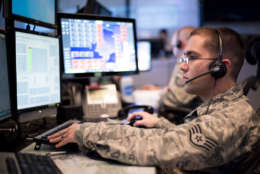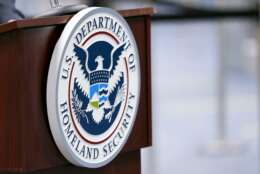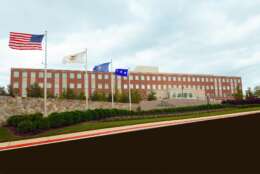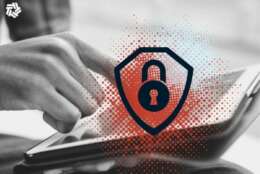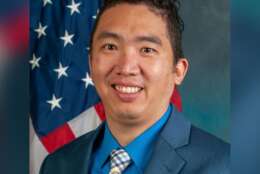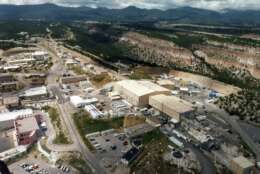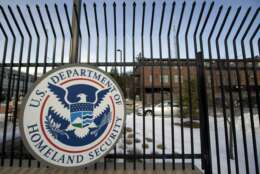Cybersecurity
-
EO 14028 calls for changing contracting language to require greater data storage and logging as a way to improve the sharing of threat information between service providers and federal partners.
November 03, 2021 -
More people are teleworking permanently, more paperwork is undergoing automation and there is more adoption of the latest cybersecurity strategies.
November 03, 2021 -
The Defense Information Systems Agency annual forecast to industry day highlighted several upcoming contract opportunities, but more importantly laid out the path the agency is heading for the next year.
November 02, 2021 -
The CDO office is less than a year old, but DISA officials want to put data at the center of everything the agency does going forward.
November 02, 2021 -
With the rise of ransomware attacks, it's clear the cybersecurity threat in general continues to rise. And so does the shortage of cybersecurity talent to help take it on.
November 01, 2021 -
In recent years cyber crime has risen sharply. For some overseas perspective, Federal Drive turned to the former director of the U.K.'s National Cyber Security Centre, now a professor at Oxford, Ciaran Martin.
November 01, 2021 -
Tim Jones, regional vice president of Systems Engineering, Public Sector, at ForeScout Technologies, joined host John Gilroy on Federal Tech Talk to discuss the world of Operational Technology.
November 01, 2021 -
DISA has a new set of strategic priorities, but may need to move some money around with flat defense budgets looming on the horizon.
October 29, 2021 -
The latest missive from the White House is ordering agencies to install endpoint detection and response pretty quickly. For more, Federal Drive turned to the senior vice president for public sector at McAfee Enterprise, Ken Kartsen.
October 28, 2021 -
The State Department is building up its cybersecurity and IT expertise, and addressing workforce morale issues as part of a sweeping modernization of the agency.
October 27, 2021 -
At GAO's Innovation Lab, which is designed to be a practioner of new computational capacity, identity verification is a major issue.
October 26, 2021 -
DHS' recent rulemaking for a 2014 law gives the Cybersecurity and Infrastructure Security Agency a lot of discretion in hiring cybersecurity people.
October 22, 2021 -
The technology that controls nuclear weapons dates back to the 1950s. Imagine if the control systems were online in the age of ransomware. Dr. Herb Lin has thought about exactly that and written a book called Cyber Threats and Nuclear Weapons.
October 22, 2021 -
Officials are confronting a growing list of mobile-specific cybersecurity challenges with travel opening up and many employees working remotely.
October 22, 2021 -
CISA says the program will allow it to hire more cyber experts from non-traditional backgrounds.
October 20, 2021




